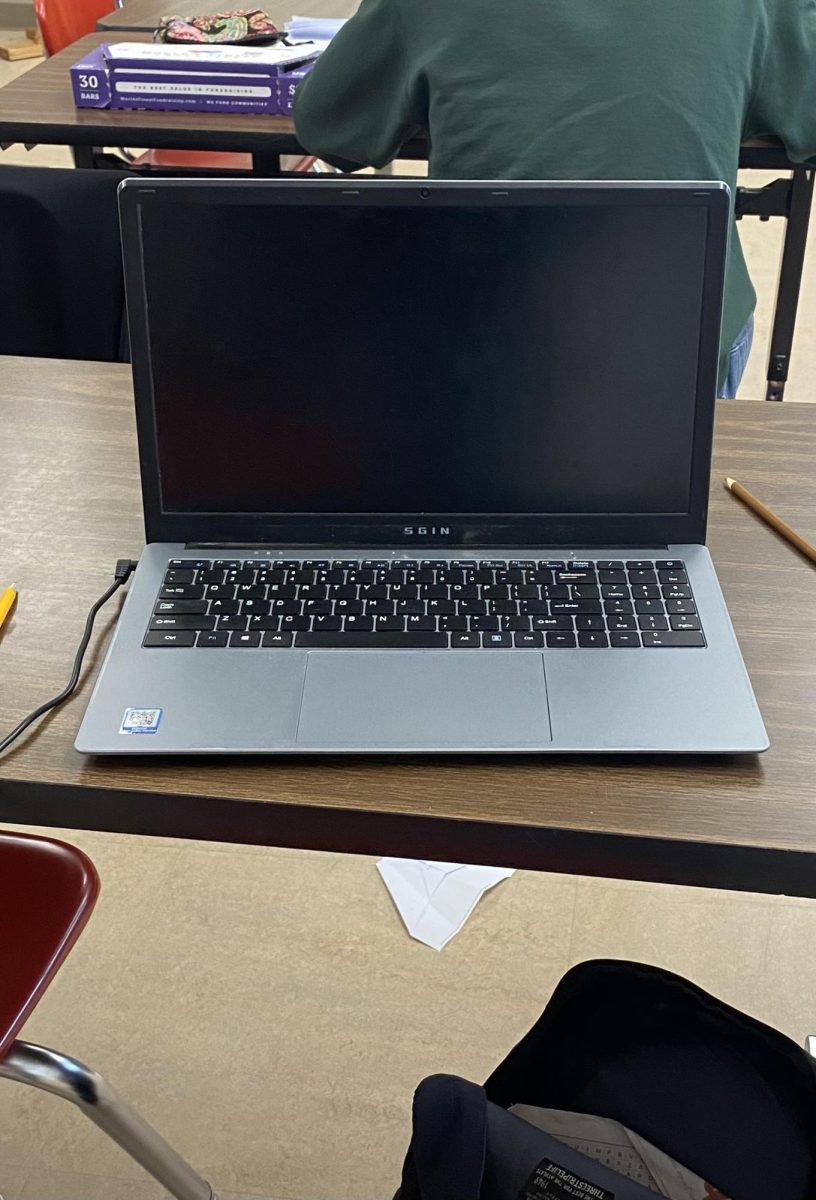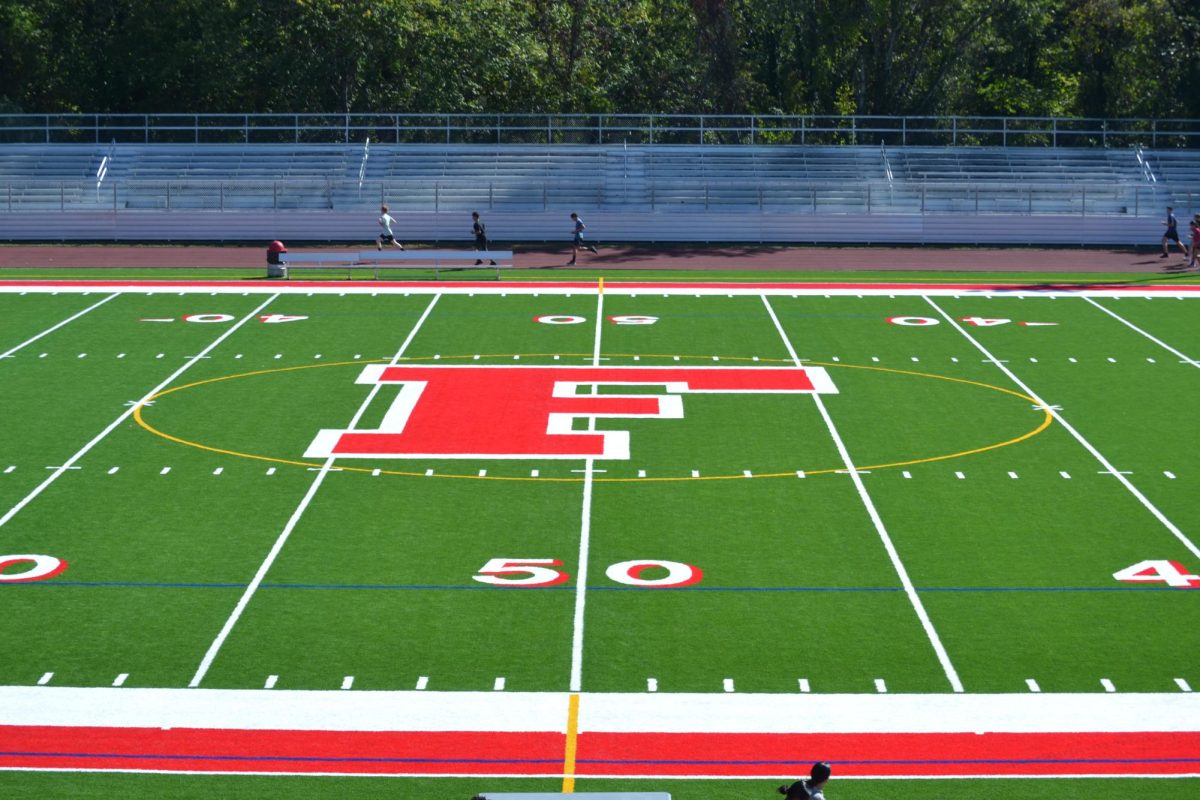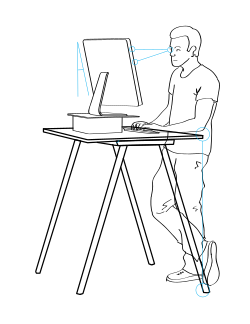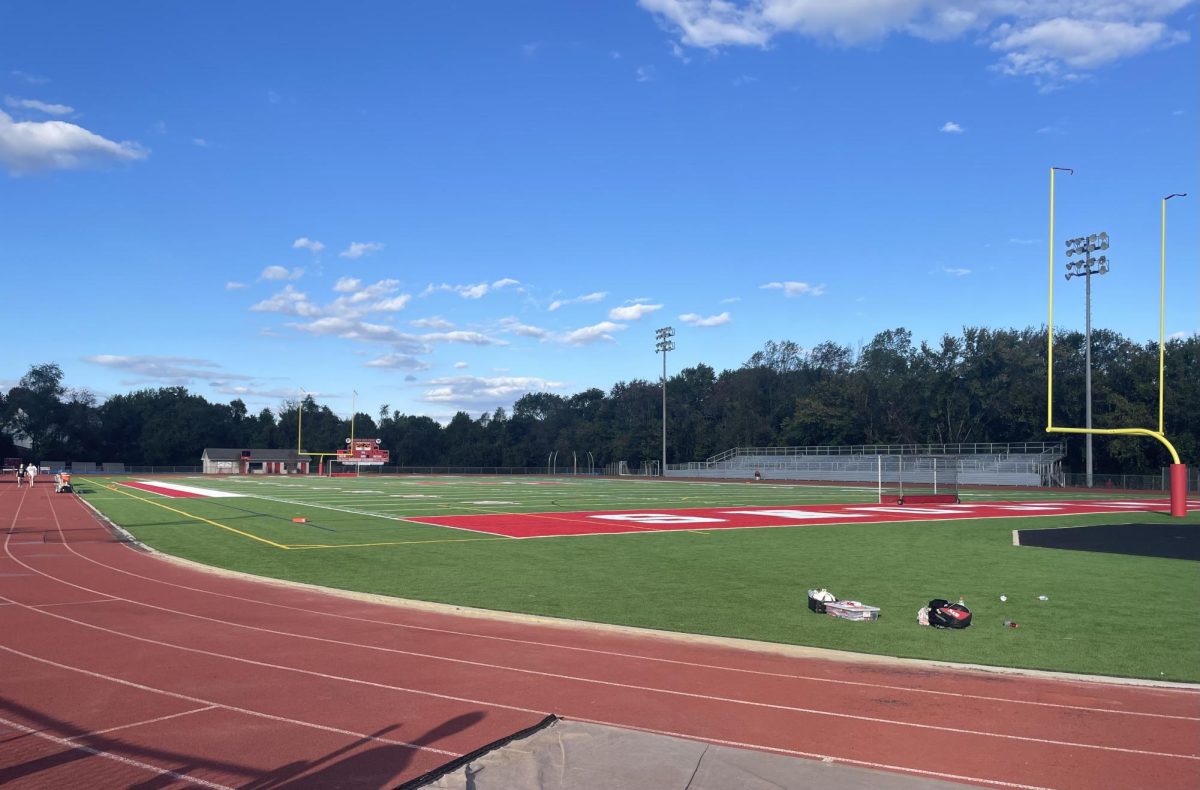As FCPS has continued to crack down on cellphone usage, personal computers have begun to take their place. Many activities such as social media, games and videos can be accessed from a laptop in the same way as on a phone. The vast majority of cellphone apps have a Windows or Mac counterpart, making it easier than ever to circumvent the no-phone policy. What many students are unaware of is that technically according to the student code of conduct, personal devices are only permitted to be used in class if specifically instructed by a staff member. This is usually not enforced, but does beg the question, should this rule be enforced at all? After all, school-issued Chromebooks just aren’t up to the task and personal computers solve that.
The student code of conduct gives teachers the right to confiscate any electronic device that is used without their explicit permission. These devices include Smartphones, Laptop Computers, Tablets, Cellular Telephones, Personal Digital Assistants, Portable Music or Video Devices and any other devices that are deemed a distraction. Fortunately, these devices are still permitted during non-instructional school hours like lunch and between classes. Despite the little to no enforcement of these policies, they do give teachers the grounds to confiscate a personal computer or any other device if it’s not being used for a purpose they sanctioned.
This presents a deeper issue because technically something as seemingly harmless as working on an assignment from one class during another class is punishable. While it can be disrespectful to teachers when a student is working on something for another class, it’s all school work and needs to be done regardless. This situation is more common than one would think, many teachers make a point of mentioning their rules against doing other class work in their class when they go over their syllabus at the beginning of the year. What the policy adds to this is the power to enforce it, should a teacher become fed up. This power to enforce their own agendas, which are not defined anywhere in the school code of conduct should not exist.
The other major issue is how awful the school-issued Chromebooks are. They often struggle just to open a tab or edit a Google Doc. On top of this their screens are about twenty pixels total, so reading can prove challenging and painful to your eyes. However, they are necessary, since it’s not a given that everyone can afford their own laptop. But there are also some deeper reasons, like their ability to be closely monitored, to catch any activities that violate school policy. Despite noble intent, this could be seen as a breach of privacy.
With all of this in mind, it’s still partially understandable why they could have thought such a strict policy against personal electronic devices was necessary. After all, many students only bring their own computers to be able to access games and do anything else they would otherwise do on a phone, and the school is well within its right to take measures that prevent this. However, those measures should not be confiscating personal computers which not only are faster than Chromebooks but could also save the school money. If FCPS allowed some students to exclusively use their own computers, it could vastly reduce the amount they spend on Chromebooks for those who don’t need them.
The measures FCPS has taken to enforce the use of personal computers have good intentions but raise some concerns. With the limitations of Chromebooks, their privacy issues and the costs that could be reduced, the policies that work to prevent personal computers from being used seem ridiculous. A balance needs to be found between enforcement of school policies and the benefits that personal devices can bring to the classroom.








